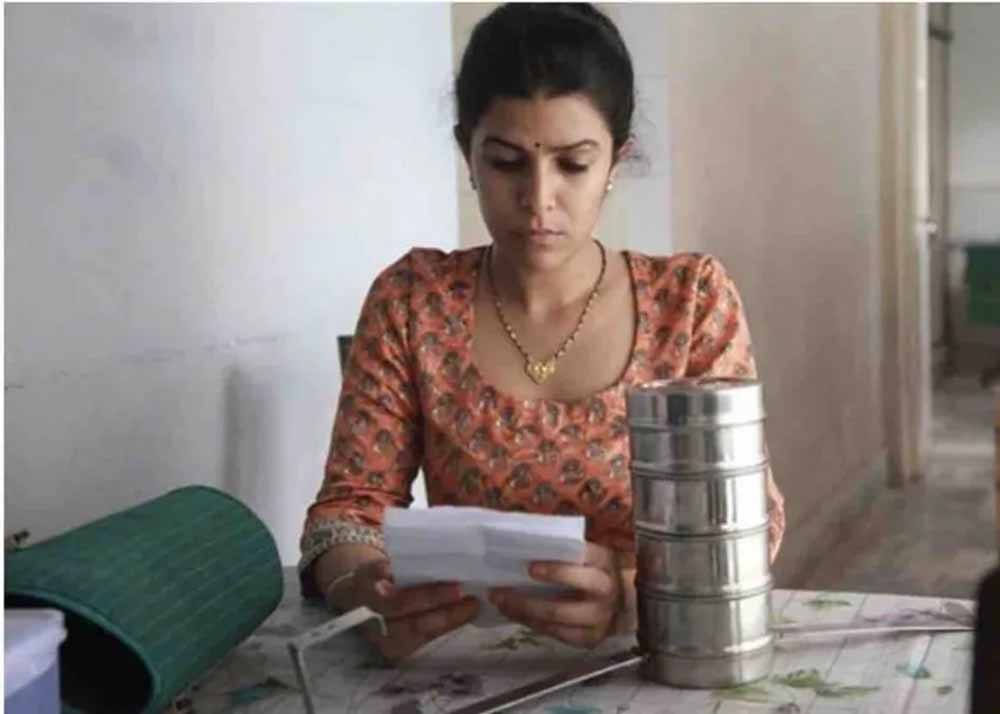Not-so-fun fact: In comparison to women in other regions of the world, Indian women put in ten times more time on unpaid household tasks and childcare. Even so, research from the Tata Institute of Social Sciences (TISS) and International Institute for Population Sciences (IIPS) in Mumbai indicates that educated women are more adept at managing their workloads.

The study revealed that married Indian women perform over twice as much unpaid domestic work as their single counterparts, with women from Hindu, Muslim, and Sikh communities putting in the most hours. According to a research published in the Journal of Family and Economic Issues, ‘women spend three times more time on unpaid domestic and care work than men worldwide, but in India, women spend almost ten times more time than men.’

Research shows that women who live in nuclear families tend to perform more domestic unpaid work than women in multigenerational households, and that the presence of school-age children contributes to their increase in time spent on unpaid work. The study emphasised the disparity in the amount of time men and women spend on unpaid domestic work - women spend 301 minutes, while men spend only 98 minutes to the same.
The study stated that although natal parents are more supportive than in-laws, the education of both parents and in-laws has a significant impact on unpaid domestic work. The study used data from the Time Use Survey (2019) of India, which was conducted by the National Sample Survey Office (NSSO) in January-December 2019. It was observed that women’s unpaid domestic work declined in households predominated by women, and increased in households dominated by men.
The definition of unpaid domestic work is essentially managing and preparing food, cleaning and maintaining one’s home and surroundings, decorating projects, DIY repairs and maintenance, managing a household, taking care of pets, travelling, moving, transporting, or accompanying people or goods, etc.

According to the Department of Survey Research and Data Analytics, IIPS, ‘the time spent by women on unpaid domestic work peaks for the working age group of 20–49 years, which depicts Indian women’s productive and reproductive work-life imbalance, revealing a massive burden of unpaid work during their reproductive age.’ Conversely, 86.7 per cent urban women without education spend more time performing unpaid domestic work than women without any education in rural areas.
Additionally, a study of 445,299 people—226,644 males, 218,526 women, and 129 others—found that metropolitan women with a secondary education are nearly three times more likely to engage in unpaid household work than their rural counterparts. Compared to women living in larger families (303 minutes per day), women from smaller households—those with four or fewer members—face greater hardship (320 minutes per day).

According to the study, women from wealthier households spend 304 minutes per day on unpaid domestic work, while women from impoverished households spend 317 minutes. The study suggested that the difference in time spent on unpaid domestic work could be attributed to the fact that women from wealthier households can hire help to handle their unpaid domestic work.
Although the working-age women’s average time spent differs depending on their home and socio-economic status, it is evident that across the board, women carry a disproportionate amount of unpaid work.
Image source: Jagran, Publive, NBC news